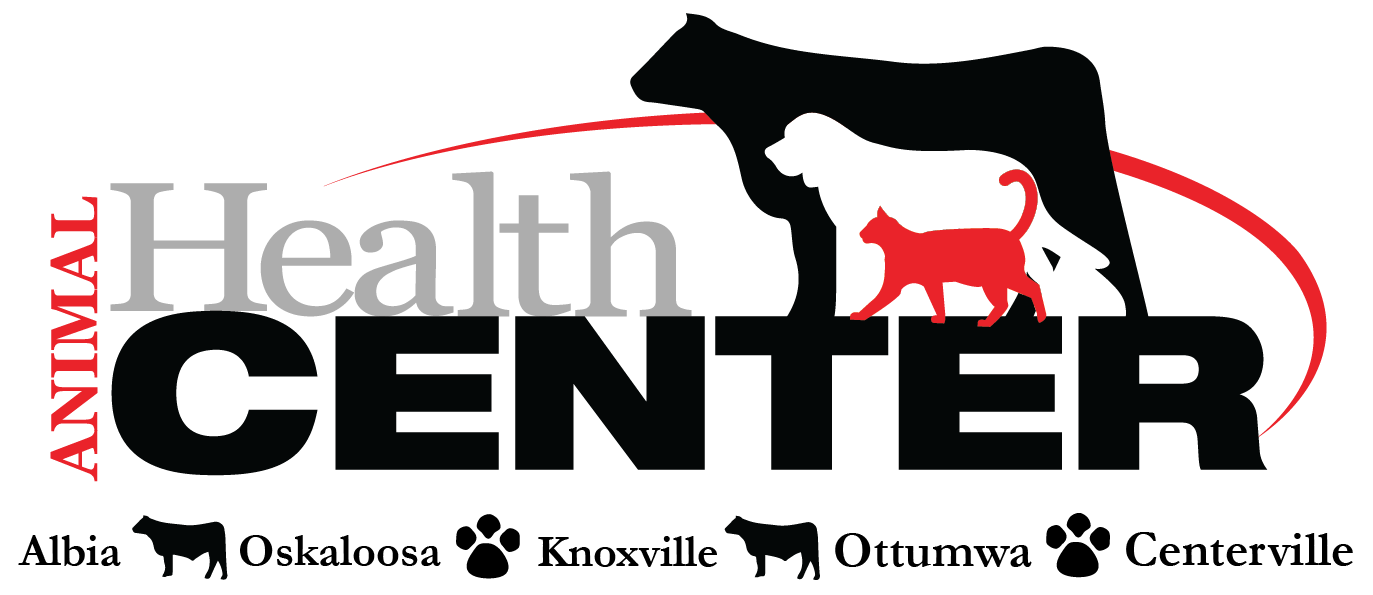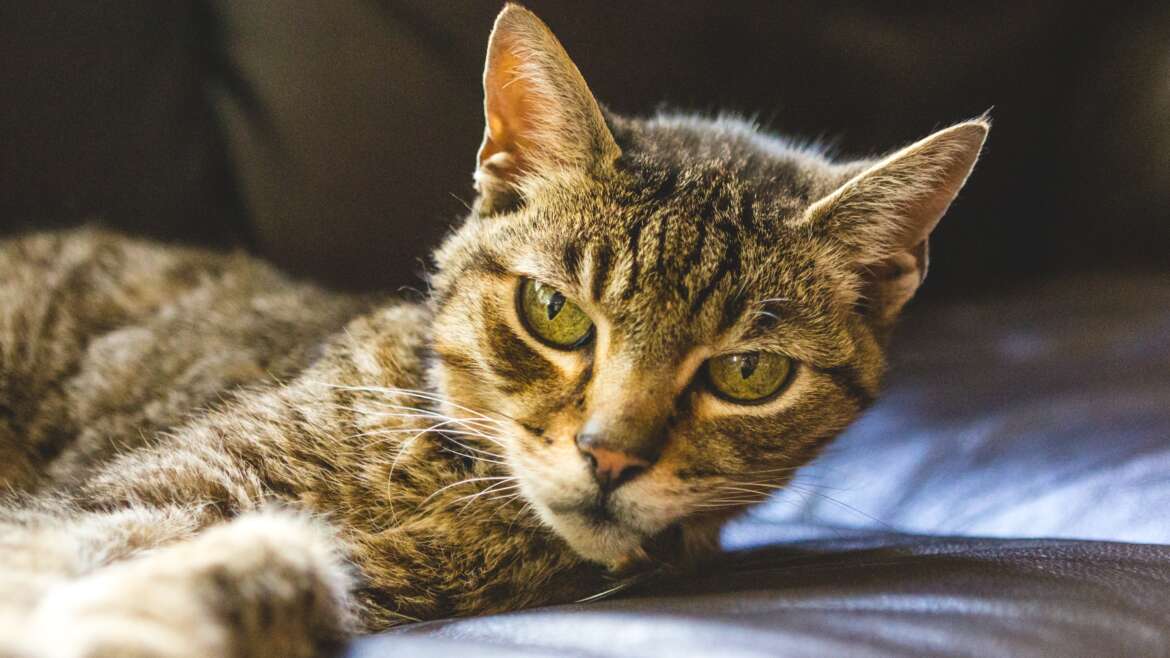Our furry companions bring immense joy and love into our lives. As they age, it becomes our responsibility to provide them with the care and support they need to enjoy their golden years. Caring for a senior pet comes with unique challenges and considerations, but with the right knowledge and attention, we can ensure their comfort and well-being. Explore more tips for caring for senior pets, helping them to age with grace and dignity.
Regular Veterinary Check-ups:
As pets age, their health needs change. Regular veterinary check-ups become even more critical to monitor their overall well-being and detect age-related issues early on. Schedule routine visits with your veterinarian to assess their health, discuss any changes in behavior or mobility, and receive guidance on senior pet care.
Tailored Nutrition:
Senior pets have different nutritional requirements than their younger counterparts. Consult with your veterinarian to create a balanced diet that addresses their specific needs. Senior pet food formulas often contain lower calories, higher fiber, and joint-supporting ingredients. Proper nutrition supports their overall health, maintains a healthy weight, and addresses any age-related health concerns.
Joint and Mobility Support:
As pets age, they may experience joint stiffness, arthritis, or mobility issues. Provide comfortable bedding and ensure their sleeping area is easily accessible. Consider adding ramps or steps to help them navigate stairs or higher surfaces. Consult with your veterinarian about joint supplements or medications that may alleviate discomfort and improve mobility.
Mental Stimulation and Enrichment:
Senior pets still crave mental stimulation and enrichment. Engage them with interactive toys, puzzle feeders, and gentle playtime. Mental stimulation helps keep their cognitive abilities sharp and wards off boredom, promoting overall mental and emotional well-being.
Regular Exercise and Physical Activity:
While senior pets may have reduced energy levels, regular exercise remains essential to maintain muscle tone, joint flexibility, and overall fitness. Tailor exercise routines to their abilities and limitations. Short, frequent walks, gentle play sessions, or low-impact activities like swimming can help keep them active and maintain their physical health.
Dental Care:
Oral health is crucial at any age, but senior pets may be more prone to dental issues such as gum disease, tooth decay, and tooth loss. Establish a regular dental care routine, including brushing their teeth regularly and providing dental chews or treats. Regular dental cleanings by a veterinarian may also be necessary to maintain oral health.
Environmental Adaptations:
Make necessary adaptations to your home environment to accommodate your senior pet’s needs. Consider providing non-slip surfaces to prevent falls, using elevated food and water bowls to reduce strain on their neck and back, and installing baby gates to restrict access to areas that may pose risks.
Regular Grooming and Hygiene:
Senior pets may require additional grooming and hygiene care. Brush their coat regularly to prevent matting and skin issues. Pay attention to their ears, eyes, and nails, ensuring they are clean and trimmed. Regular grooming not only keeps them comfortable but also allows you to monitor their overall health.
Caring for a senior pet is a rewarding and fulfilling journey. By following these essential tips, we can provide our aging companions with the love, support, and care they need to age with grace. Regular veterinary check-ups, tailored nutrition, joint and mobility support, mental stimulation, regular exercise, dental care, environmental adaptations, and regular grooming are all vital components of senior pet care. Let’s embrace the privilege of caring for our senior pets and ensure their golden years are filled with comfort, happiness, and cherished memories.

